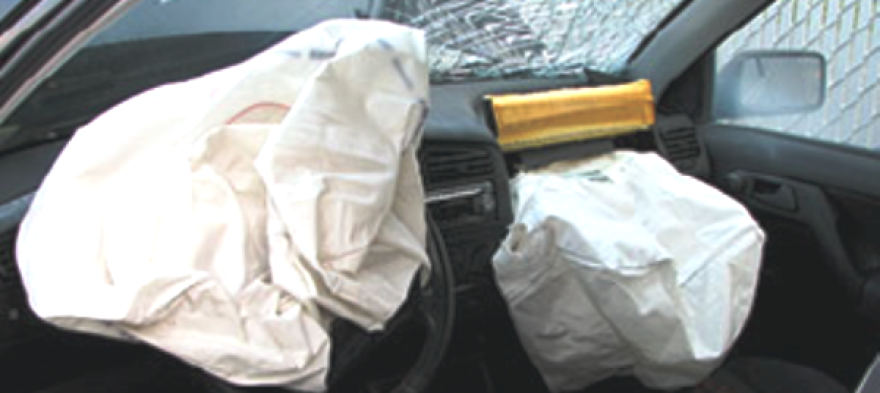Every recall is a safety recall, as one of my favorite auto industry analysts, Michelle Krebs of Autotrader says.
But there is a lot of recall fatigue out there. And it's dangerous. Autotrader's recent survey finds that 40% of people are ignoring recalls because they think the recall is "not important."
So let's cut through that recall fatigue right now.
If you are driving one of these 2001-2003 Hondas and Acuras, there is a good chance you are driving a ticking time bomb. Your car could kill you if the Takata air bag in it explodes with too much force during an accident (even a fender bender), sending shrapnel at very high speed towards your face, neck and chest.
The National Highway Traffic Safety Administration says as many as 50% – FIFTY PERCENT – of the airbags in these cars ruptured in laboratory tests:
- 2001-2002 Honda Civic
- 2001-2002 Honda Accord
- 2002-2003 Acura TL
- 2002 Honda CR-V
- 2002 Honda Odyssey
- 2003 Acura CL
- 2003 Honda Pilot
If you own one of these cars, says NHTSA, you should stop driving it now, unless you head directly to the nearest Honda dealer, who will replace the air bag for free.
Ask for a loaner car. But don't get behind the wheel again until you know the airbag has been replaced.
And if you know someone who might own one of these cars, forward this article to them, text them, call them, semaphore them, whatever you think will get their attention.
Oh, and if you have a pending recall for any other problem on any other car – please, deal with the inconvenience, and make an appointment at your dealer and get it fixed.
Your safety is worth the inconvenience.








